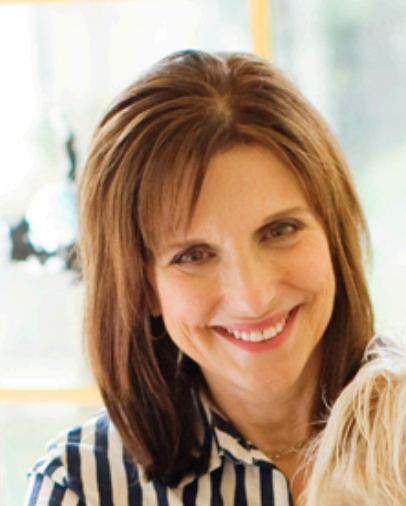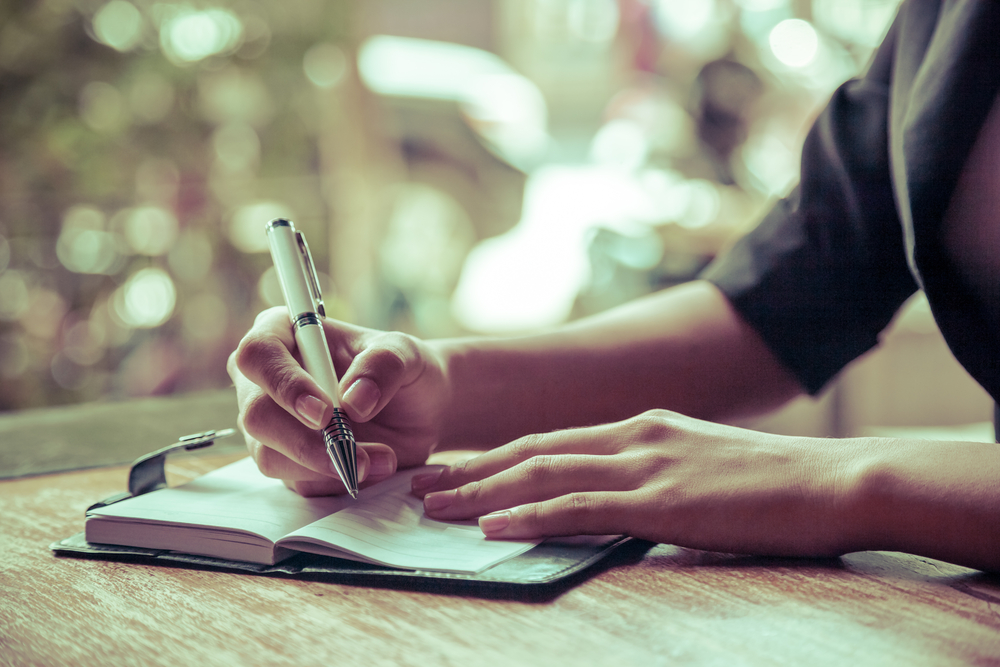One of the most challenging aspects of life during the COVID-19 pandemic is uncertainty. It’s easy to feel unsettled because there is no indication of when things will normalize economically, socially and in terms of our safety. A technique that can help is the practice of setting clear intentions about what we want to get done — and then implementing those intentions.
“When so much is out of our control we are more likely to have trouble regulating our emotions, so we can feel anxious,” Inna Khazan, Ph.D., a health and performance psychologist and lecturer on psychiatry at Harvard Medical School, tells Thrive. Studies have found that feeling out of control can lead to overwhelm, which can create anxiety and helplessness, Khazan says, so maintaining a sense of control is important to our psychological well-being,
When we don’t feel we are in charge of what happens to us, says Khazan, “our minds tend to focus in unhelpful ways on trying to control the uncontrollable, like looking for an end date to the health crisis.” Setting intentions for an area of your life where you do have control can be helpful in terms of providing a sense of well-being. For example, getting more exercise, more sleep, spending more quality time with your spouse or children, or practicing mindfulness techniques (especially helpful right now), says Khazan, author of Biofeedback and Mindfulness in Everyday Life.
Here are some keys to setting and acting on your intentions.
Set intention(s) in the morning
It’s helpful to make intentions first thing, as soon as you wake up, says Khazan, “because that allows you to think through your day and remind yourself when exactly the intended action is going to take place,” whether, for example, you intend to read with the children at 11 a.m., do 15 minutes of yoga at noon, or cook dinner at 5 p.m.
Write them down
It’s not enough to have those intentions in our head and just think about them, Khazan says. Writing them down makes your intentions more concrete and holds you accountable.
Make your intention specific, simple, and realistic
Make sure the intention is achievable and keep it small, using Microsteps. If an intention is too vague you may not do it, and if it’s too ambitious, you could get overwhelmed, “setting yourself up for failure and mentally beating up on yourself for not being able to achieve your goals,” Khazan says. Make an intention for something you know you can achieve, such as meditating for five minutes a day, rather than an hour a day, which is much less likely to happen.
Make it measurable
It is important for you to achieve what you intended to accomplish, says Khazan. “We need to have an easy way of knowing whether our intentions are helpful and can lead to meaningful change.” It may be hard to figure out your progress if your intention is nebulous such as “to eat better,” but it is easy to track progress if your intention is to, say… have a salad every day. it also allows you to review your intention and compare what you actually did with what you intended to do.
Make your intention meaningful to you
Connect your intention to something that is meaningful to you and grounded in your values, advises Khazan. “There needs to be a good reason for the effort that goes into putting the intention into practice,” she says. So for example, “to reduce anxiety and improve your mental health, your intention could be limiting your news consumption to 15 minutes in the morning and 15 minutes in the afternoon, using only reputable news sources, such as the C.D.C.” Or if you want to give back to the community, you might make an intention about donating to a specific cause, like first responders who are risking their lives at the front lines of this pandemic.
Try creative visualization
Visualization is a powerful way of using your imagination to help carry out your intentions, says Khazan. Athletes use visualization to prepare for competitions, and visualization is also research-supported to help people reduce anxiety. You could try by setting an intention to, say, finish a chapter of the book you’re writing, or having a successful day home-schooling your kids, or even being completely relaxed. Then spend a few minutes visualizing yourself doing what you intend to achieve.
Follow us here and subscribe here for all the latest news on how you can keep Thriving.
Stay up to date or catch-up on all our podcasts with Arianna Huffington here.


